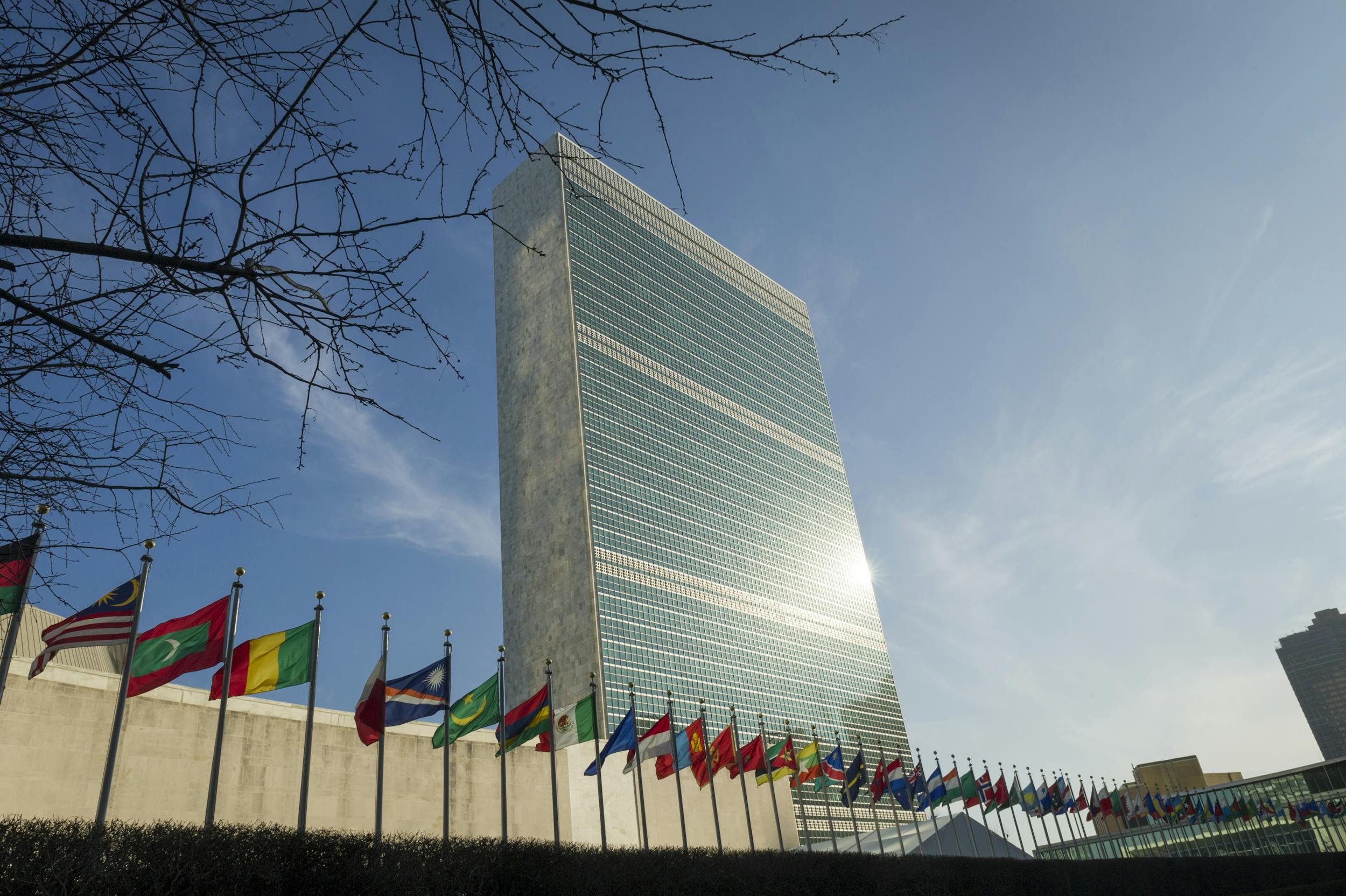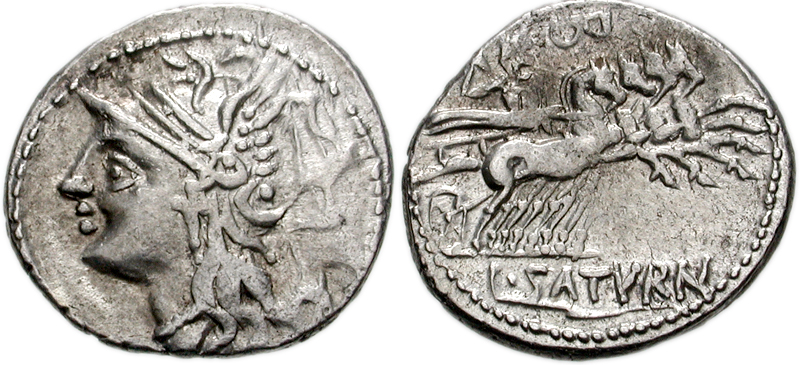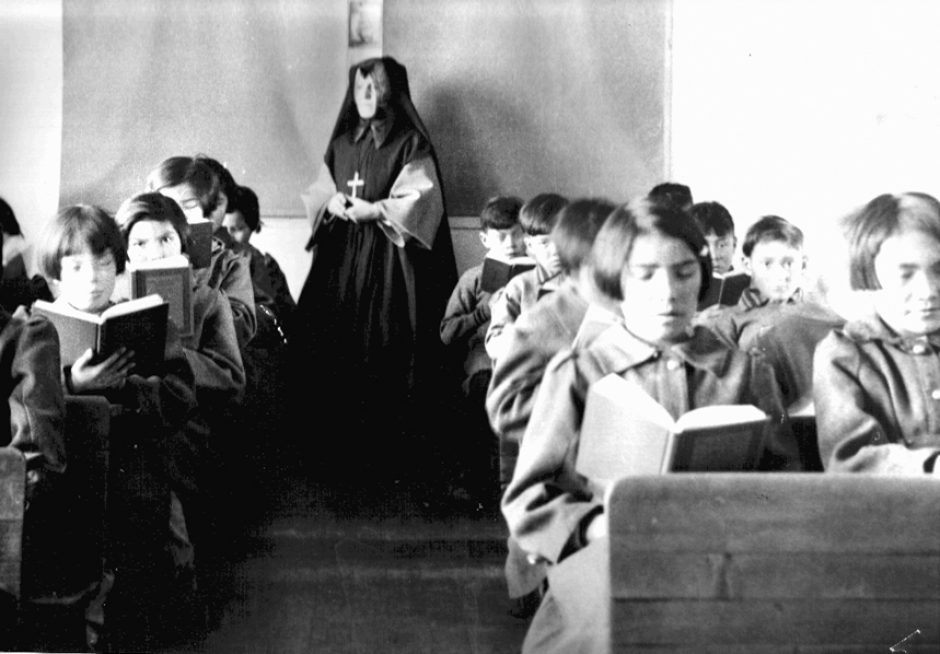The Ukraine ambassador to the UN was addressing the Security Council when news of the invasion by Russia began coming in. In his comments (which were overruled by the president of the Security Council that month, the ambassador from Russia) he raised a simple question:
Is Russia a legitimate member of the Security Council? Could someone please show him the legal paperwork establishing them in that seat?
Some background may be in order. The United Nations consists of two main bodies. The General Assembly has a delegate from virtually every country in the world, currently comprising 193. They pass thousands of resolutions but none of their words are actually binding on anyone. They can’t send an army anywhere. Even if they all agree that one of their fellow members has done something horrible, all they can do is wag their finger at them.
The other body of the UN is the Security Council, made up of just 15 members. The Security Council can take action. Its stated mission is to establish international peace and security. It can enact sanctions, admit or remove members, and initiate military action. It has access to armies.
Over the years the Security Council has initiated peacekeeping (military) actions in Korea, Africa, Cyprus, Kosovo, the Middle East, and many other places.
Far more actions were proposed; but one key feature of the Security Council has most frequently resulted in inactivity: Each permanent member has veto power. So actions or sanctions proposed by, for example, the United States, have usually been vetoed by the U.S.S.R., and vice versa.
10 of the seats on the Security Council are filled by members serving 2-year terms, after which they are replaced by other members. The current non-permanent members include Greece, Korea, Panama, and others. But 5 of the seats are filled by permanent members, established as such in the initial UN charter in 1945: The United States, Great Britain, France, China, and the U.S.S.R. No, I do not mean Russia – I mean the U.S.S.R. - the communist conglomerate that was an ally of the the U.S. during WWII, and that ceased to exist in 1991.
This is not just semantics. Notice that ‘China’ is also one of the permanent members, yet the China that is on the Security Council today is not the same China that was given the seat in 1945. That Republic of China, which initially held the permanent seat on the Security Council now resides on the island of Taiwan, where they fled after a communist uprising in China led to a civil war. Their seat was given, after a lot of legal maneuvering, voting, and paperwork, to the People’s Republic of China – the communist government of mainland China – in 1971. Taiwan, as a consequence, is not given legal recognition, or even a seat, in the UN.
There was even less legal maneuvering and paperwork filed when Boris Yeltsin’s new Russia government representative sat down in the Security Council seat vacated by the Soviet Union. A lot of legal wrangling might prove that Russia is not entitled to the Soviet Union's seat. Unfortunately, it would be a tough slog to try to correct that oversight now.
But there is another avenue to getting Russia out of such a powerful position. What if Russia were not merely kicked out of the Security Council. What if it were kicked out of the UN?
Article 6 Chapter 2 of the UN Charter states, "A Member of the United Nations which has persistently violated the
Principles contained in the present Charter may be expelled from the
Organization by the General Assembly upon the recommendation of the
Security Council."
Now, you might be thinking, If the majority of the Security Council recommended such a move, Russia would veto it. But here's the thing: The Charter anticipated just such a situation. The Charter includes the rule that, "a party to a dispute shall abstain from voting." Legal papers since then have only strengthened that position. A Security Council Report from 2014 said that requiring abstention by a party to a dispute ensures that "a Council member should not be allowed to be party, judge and jury at the same time."
Other alternatives have been suggested: doing away with permanent members so that all seats on the Council rotate; making more of the seats permanent; removing veto power all together; expanding the Security Council to 24; and others. But any of these would require changing the UN Charter, which would have to be approved by the Security Council! Expelling Russia from the UN would not require changing the Charter.
So here's what we might expect to see happen shortly: The Security Council discusses and votes on a resolution to expel Russia from the UN for "Persistently violating the principles of the United Nations Charter." Russia is required to abstain from that vote. It passes. The resolution is forwarded to the General Assembly, where it almost automatically passes. There would no doubt be much discussion about what new nation might be given the now-vacant 5th permanent seat on the Security Council. Perhaps the seat would be given to India, Germany, Brazil or Japan. After the dust settles, the new Security Council begins passing resolutions that actually have 'teeth'.
Why is all this significant to Christians? Serious Bible students see the UN as the fulfillment of the scarlet-colored beast described in Revelation chapter 17. Verse 13 of that chapter foretells that the member nations will “give their power and authority to the wild beast” for a short time right before the end of this system.
Taking away veto power from one of the belligerent countries, thus making the UN more effective, would certainly give the beast more power and authority, even if temporarily.
It could even result in people worldwide finally proclaiming “Peace and Security!” (1 Thessalonians 5:3)
Please feel free to leave a polite comment. To read one of my earlier columns about the UN click here.
Bill K. Underwood is the author of several novels and one
non-fiction self-help book, all available at Amazon.com. You can help support this site by purchasing one of his books.







